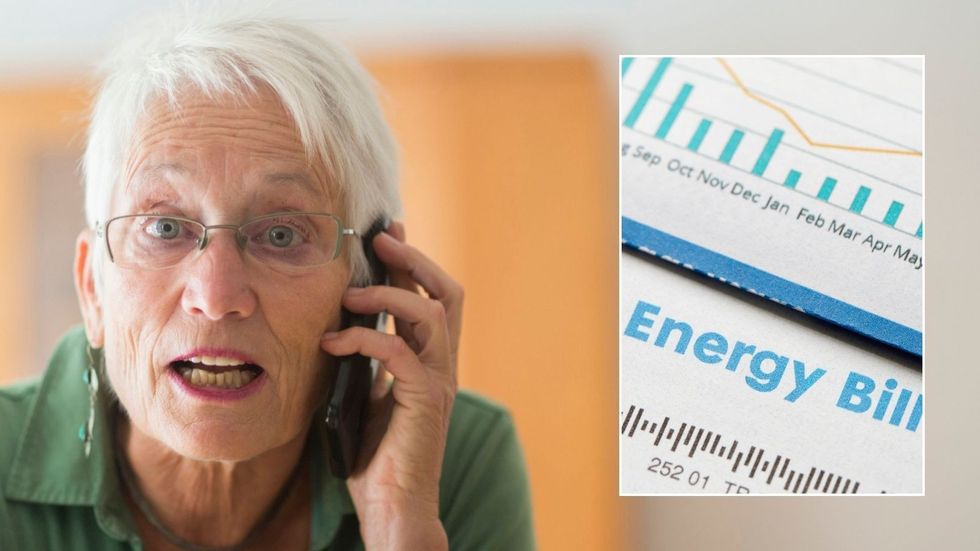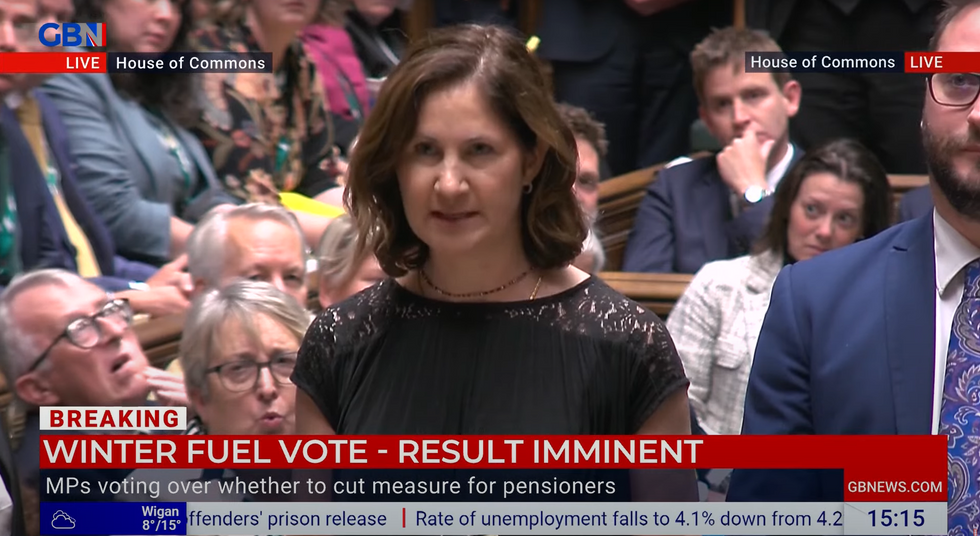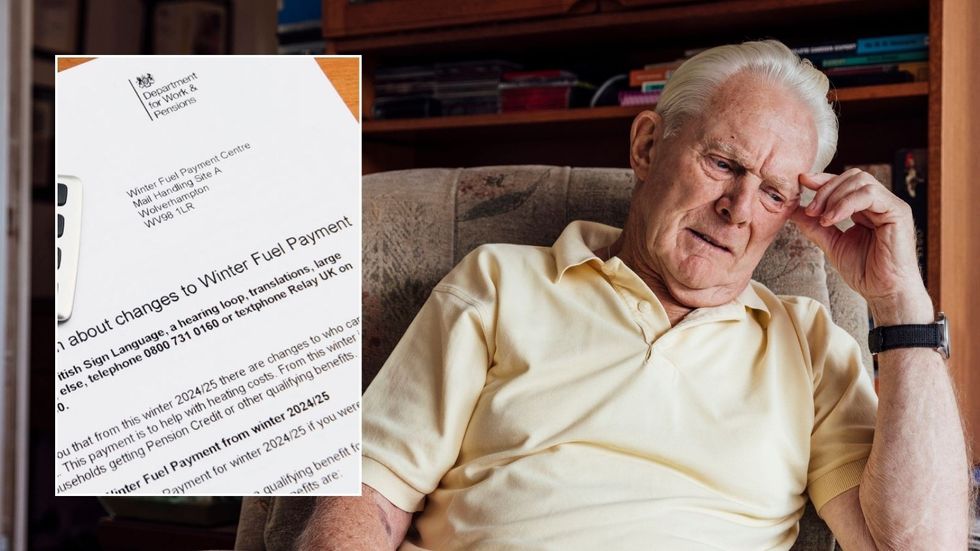Labour’s decision to effectively scrap Winter Fuel Payments for millions of elderly people has been slammed due the energy bill benefit’s “complicated” link to Pension Credit.
Adrian Pabst, deputy director of the National Institute of Economic and Social Research (NIESR), highlighted how the “complex and restrictive” nature of Pension Credit eligibility criteria makes it difficult for people to determine if they qualify for support.
The complicated application process requires pensioners to recall all sources of income, including state pension and private pensions, whilst navigating complex savings rules.
“This creates significant barriers for people to accessing the money to which they are entitled,” said Pabst.
His criticism comes after the Government’s decision to restrict Winter Fuel Payments to those receiving Pension Credit in England and Wales. Introduced in 1997, the allowance was originally a universal benefit that gave up to £300 tax-free in energy bill support to all UK households with residents of state pension age.
Do you have a money story you’d like to share? Get in touch by emailing [email protected].

Older Britons now need to apply for Pension Credit but the process has been referred to as “complicated”
GETTY
Going forward, pensioners will now need to claim Pension Credit to access the benefit. Scotland has taken a different approach, with plans to provide all pensioners a new devolved Pension Age Winter Heating payment of at least £100 from next winter.
Pension Credit serves as a crucial gateway benefit, potentially unlocking access to additional support including housing benefit, free NHS prescriptions and now the Winter Fuel Payment.
Under current rules, single pensioners must have a weekly income below £218.15 to qualify for Pension Credit, equivalent to £11,365 annually. For pensioner couples where both have reached State Pension age, the weekly income threshold is £332.96, or £17,347 per year.
These thresholds fall significantly below recommended living standards, according to Pabst. “The Pension and Lifetime Savings Association Retirement Living Standards suggests a minimum gross income of £14,400 for a single pensioner and £22,000 for a couple,” he noted.

Earlier this year, MPs to MEANS-TEST Winter Fuel Payment
GB NEWS
Some households may receive additional support if they have a severe disability, are carers, or face extra housing costs. However, Pabst emphasised that even when including the Winter Fuel Payment, the income thresholds remain “extremely low” compared to recommended standards.
The complexity of Pension Credit eligibility extends to savings rules, with widespread confusion about how these affect payments. Pabst explained that pensioners can still receive support even with savings above £10,000.
“The amount of Pension Credit to which a pensioner is entitled depends on how much savings they have above the savings threshold of £10,000,” he said. The calculation method adds further complexity, with every £500 above the threshold converted into £1 of weekly income.
“If you have £12,000 in savings, this will count as an additional £4 of weekly income,” Pabst illustrated. Changes made in May 2019 have further restricted eligibility, now requiring both partners in a couple to have reached state pension age.
Previously, only one person needed to qualify for the household to receive support. A major concern highlighted by Pabst is the persistently low take-up of Pension Credit among eligible pensioners.
According to Department of Work and Pensions (DWP) estimates from September 2024, approximately 880,000 pensioners are missing out on this crucial benefit. This significant gap in benefit claims has been a long-standing issue with Pension Credit.
LATEST DEVELOPMENTS:

Pensioners are distressed about recent changes to the Winter Fuel Payment allowance
GETTY
“The major reason why take-up of Pension Credit is so low is the result of misinformation about Pension Credit eligibility,” Pabst explained.
The NIESR economist highlighted that this means thousands of vulnerable pensioners could be missing out on both forms of vital support. He noted there is a widespread misconception about Pension Credit eligibility continues to prevent many pensioners from claiming their entitlements.
Many people incorrectly believe they cannot receive support if they own their home or have savings. “There is a common misunderstanding that people who own their own home and/or have savings are not eligible when they could be,” Pabst explained.
“In combination, all this creates significant barriers for people to accessing the money to which are they are entitled,” he concluded.